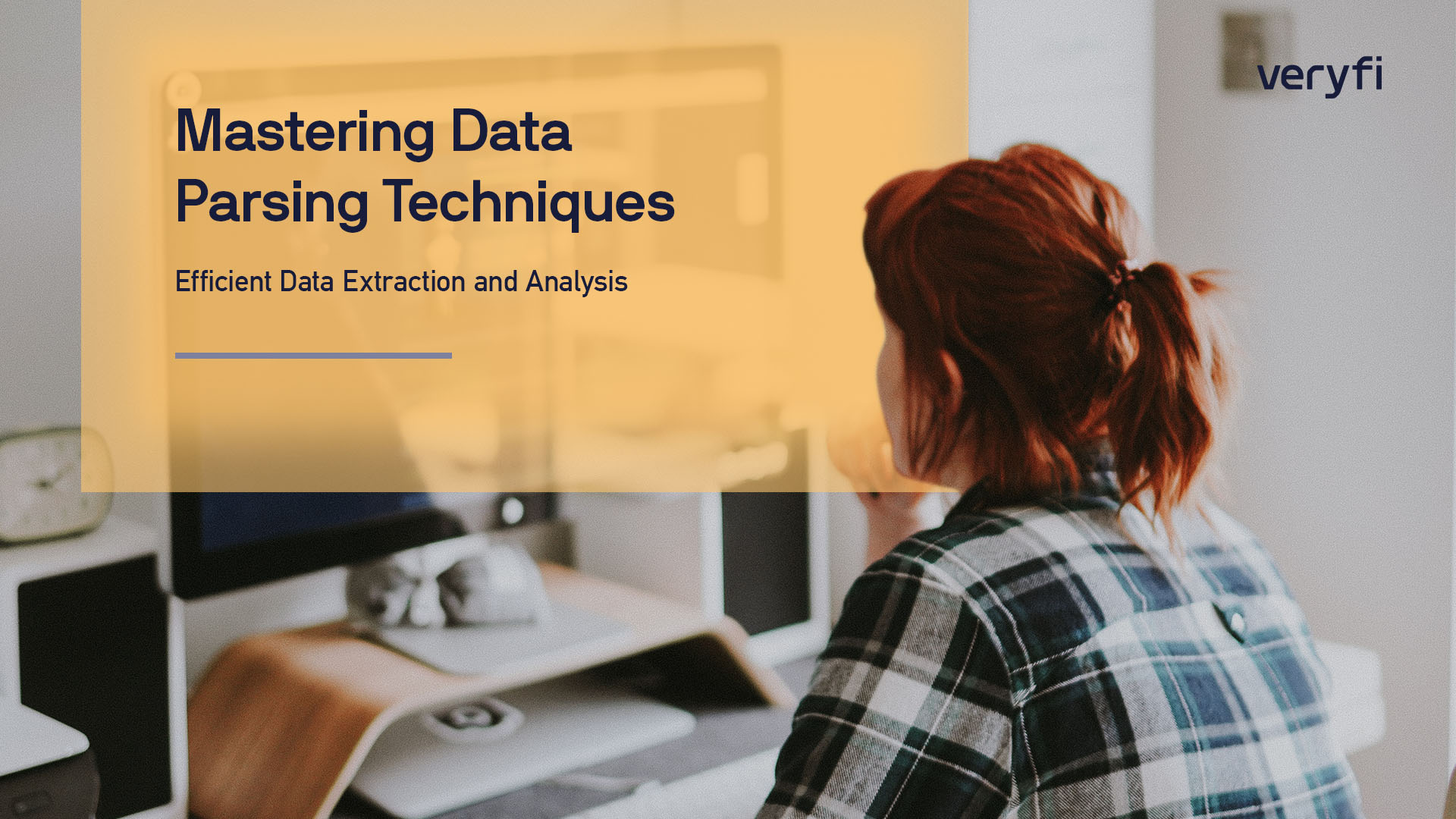Efficient Data Extraction and Analysis
In the era of big data, extracting valuable insights from complex datasets is crucial for businesses and researchers alike. Data parsing, the process of analyzing and extracting structured information from raw data, plays a vital role in this endeavor. In this blog, we will explore various data parsing techniques that can empower individuals and organizations to unlock the full potential of their data.
Exploring the Fundamentals of Data Parsing
Data parsing is crucial for effective data analysis. It involves extracting structured information from raw data. Understanding data parsing is essential in navigating vast datasets. It breaks down complex data for easier interpretation and analysis. Differentiating between structured and unstructured data is important. It helps determine appropriate parsing techniques. Common formats like CSV, JSON, or XML require specific parsing approaches. Mastering data parsing fundamentals enables efficient data extraction. It paves the way for advanced parsing techniques.
Learn about parsing data with Python.
Regular Expressions (RegEx) and Pattern Matching
Regular expressions (RegEx) are powerful tools for data parsing. They enable pattern matching and extraction of relevant information from text-based data. RegEx allows defining patterns and searching for specific character sequences. It ensures precise and efficient data extraction. RegEx is widely supported in popular programming languages like Python and JavaScript. It enables complex text parsing tasks like finding and manipulating strings or validating data formats. RegEx is an invaluable tool in the data parsing toolkit due to its versatility and robustness.
Here’s how you can run Regex for parsing serious amounts of data fast.
Parsing HTML and Web Scraping
Parsing HTML data and extracting valuable information from web pages is crucial. It involves navigating the Document Object Model (DOM) to locate specific elements. Web scraping automates extraction from multiple web pages. Python libraries like BeautifulSoup and Scrapy aid in HTML parsing and web scraping. They extract structured data, tables, text, and images. These techniques enable data gathering from online sources for analysis, research, or applications. Web data enhances the scope of data parsing possibilities.
Parsing Structured Data
Parsing structured data is a fundamental aspect of data analysis. Common structured formats like CSV, JSON, and XML require specific parsing techniques. Built-in parsers and libraries such as pandas, json, and xml.etree simplify the process. They enable efficient extraction of data from these formats. Handling complex data structures, nested elements, and arrays is crucial during parsing. By understanding the intricacies of structured data parsing, individuals can effectively extract and manipulate data for analysis, visualization, and other data-driven tasks. The ability to parse structured data empowers users to unlock valuable insights hidden within various datasets, facilitating informed decision-making processes.
Check out Veryfi’s extensive repository in Github communicate with our OCR API Platform.
Natural Language Processing (NLP) for Text Parsing
Natural Language Processing (NLP) techniques are instrumental in parsing and extracting insights from unstructured text data. Tokenization, part-of-speech tagging, and named entity recognition (NER) are key components of NLP for text parsing. Tokenization breaks text into individual units, such as words or sentences. Part-of-speech tagging assigns grammatical tags to words, aiding in understanding sentence structure. NER identifies and categorizes named entities, such as names, locations, or organizations mentioned in the text. NLP libraries like NLTK and spaCy offer advanced capabilities for text parsing tasks. Leveraging NLP techniques enhances text analysis, sentiment analysis, information extraction, and other applications reliant on unstructured text data. By harnessing NLP for text parsing, individuals can extract valuable insights and make data-driven decisions from vast amounts of textual information.
Data Parsing Best Practices and Tools
Adopting best practices is crucial for efficient and accurate data parsing. It involves considering factors like data quality, missing or inconsistent data, and encoding issues. Cleaning and preprocessing data before parsing ensures reliable results. Choosing the right tools and technologies is equally important. Numerous parsing libraries and frameworks offer diverse features and performance levels. Selecting tools based on specific requirements and compatibility with programming languages streamlines the parsing process. Data quality assurance is essential to validate the parsed data against expected formats and constraints. By adhering to data parsing best practices and utilizing appropriate tools, individuals can optimize the parsing workflow, enhance data accuracy, and gain valuable insights from their datasets.
Unlocking Insights from Complex Datasets
In conclusion, mastering data parsing techniques is essential for effectively handling and analyzing data. By exploring the fundamental concepts and practical implementations of data parsing, individuals and organizations can unlock valuable insights, make informed decisions, and gain a competitive edge in today’s data-driven world. Whether it’s utilizing regular expressions for pattern matching, parsing HTML and web scraping for data extraction, handling structured data formats, leveraging NLP for text parsing, or adhering to best practices and using appropriate tools, data parsing is a vital skill. With a solid understanding of data parsing techniques, individuals can extract, manipulate, and interpret data with precision and efficiency, enabling them to derive meaningful and actionable insights from complex datasets.Stay tuned to our blog for more updates on data parsing techniques and best practices.
Interested in testing out Veryfi for parsing data from any unstructured document? Get your free account here or schedule a demo with our team!










